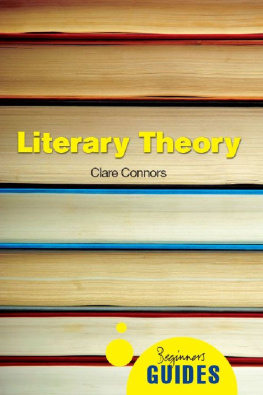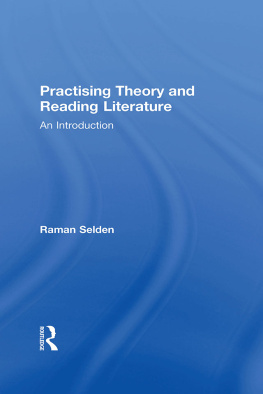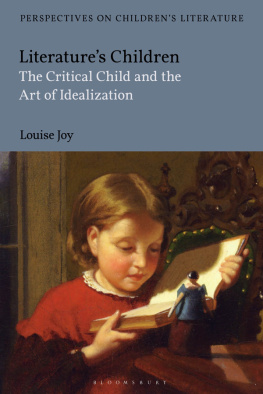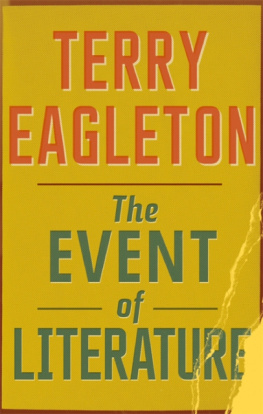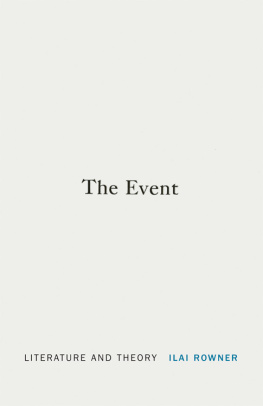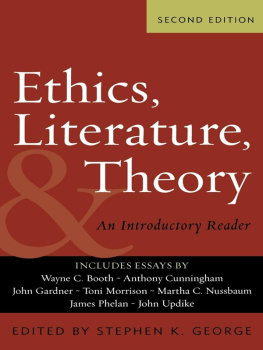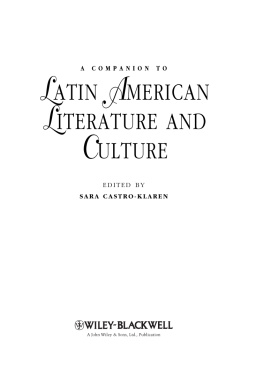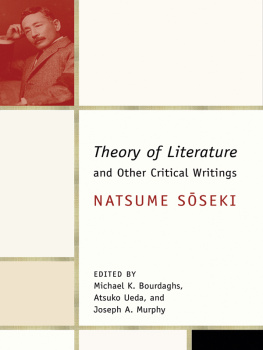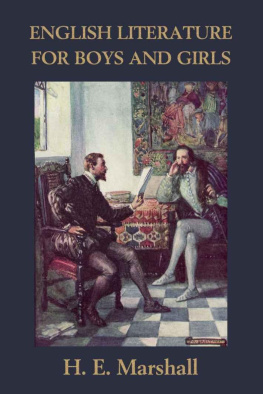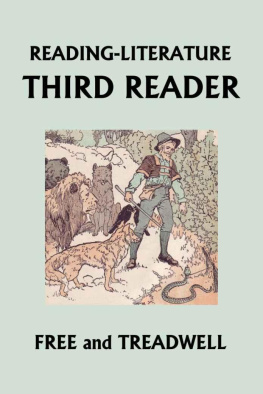LITERATURE AS EXPLORATION
LITERATURE AS EXPLORATION
Fifth Edition
LOUISE M. ROSENBLATT
With a foreword byWayne Booth
The Modern Language Association of America New York 1995
CONTENTS
by Wayne Booth
FOREWORD
I doubt that any other literary critic of this century has enjoyed and suffered as sharp a contrast of powerful influence and absurd neglect as Louise Rosenblatt. Has she been influential? Immensely so: how many other critical works first published in the late thirties have extended themselves, like this one, to five editions, proving themselves relevant to decade after decade of critical and pedagogical revolution? How then can I claim that she has been unfairly neglected? The answer obviously depends on what we mean by unfair. She has in fact been attended to by thousands of teachers and students in each generation. She has probably influenced more teachers in their ways of dealing with literature than any other critic. But the world of literary criticism and theory has only recently begun to acknowledge the relevance of her arguments to questions like What constitutes a text? and What finally is the point of reading literature? and Why try to improve students reading?
I confess that as I have reread this book and her later work, The Reader, the Text, the Poem: The Transactional Theory of the Literary Work (1978), I have found that I must revise what I said of her about a decade ago in the afterword to the second edition of The Rhetoric of Fiction : I hereby change my mealy-mouthed See the unfortunately neglected works of Rosenblatt to See the works of Rosenblatt that I have sadly neglected ; if I had read Literature as Exploration carefully before completing this book in 1961, I could have done a better job of celebrating not just how authors make their readers but how good readers construct and then revise the constructions of the authors they meet.
Like most participants in most critical movements over the nearly six decades since Rosenblatts work made its initial splash, I failed for too long to see that it was not just a valuable guide to pedagogy in secondary teaching; it was a necessary antidote to the excesses that result when this or that element in any rhetorical transaction is turned into an exclusive center.
One way of seeing why her work has survived with generation after generation is to think of her as standing to one side of our various fashionable movements and repeating, quietly but persistently, Yes, of course , but dont you see? You have caught only a fragment of the whole picture. Demanding that teachers think constantly of the relationship between the individual student and the bookthat is, of the transaction between potentially powerful texts and readers whose emotional engagement should be read as closely as the text itselfRosenblatt offered corrections, too often ignored for too long, of the exaggerations committed by successive enthusiasts.
A simplified but revealing history of criticism since the thirties could thus be written just by tracing her corrections, whispered, as it were, from the wings.
First Moment . Troubled by the excesses of dry historicism in the early years of the century, she joined many others who found a sense of liberation in the return to close reading celebrated by new critics like I. A. Richards in Practical Criticism (1929). But unlike too many of us Chicago neo-Aristotelians and most of the New Critics, she saw the folly of ignoring diversity of response. Too many of us too much of the time, in the late forties and through the fifties, pictured ourselves as expert prospectors delving endlessly for the gold: the one right reading. Instead of seeing varieties in readers responses as invitations to rhetorical exploration, we too often understood themas indeed many teachers still doas invitations to battles that allow for only one true victor. Put more politely, we saw our task as the quite honorable one of correcting the misreadings of the misguided students sitting before us.
Although she insisted, like all serious teachers, on close attention to texts, fully respecting their unique powers, she shifted the emphasis dramatically toward a close reading of the responses of close readers. What she later called the transactional theory allowed her to preserve a respect for the authors intentions and the texts powers, while moving beyond the arid explication de texte that filled too many journals in the fifties.
Practicing in a pragmatic philosophical tradition that is only now receiving the revived attention it deserves (Dewey, for example, was one of her heroes), she cared more about turning all students into better readers than about turning a few students into disciples of the one right reading or kind of reading.
Second Moment . Thus it is now easy to see just how far in advance she was of those who in the sixties were hailed as the founders of reader-response criticism. Some few reader-response critics did acknowledge her as a founder, but Ive not seen any full recognition of just how far ahead of the pack she was. Perhaps that relative neglect resulted from her absolute resistance to the excesses of reader-response theory: the notion that all readings are equally valid. She never lets her reader forget that though all serious responses are worth exploration, we have no reason to think that every evocation from a text is as good as every other (267). Thus while she helped spawn a generation of reader-response critics who saw literature as a source of insight and emotional liberation (224, 4th ed.), she never lost hold of the difference between genuine liberation and intellectual chaos.
Third Moment . Then came the canon wars. Current defenders of this or that canon could easily quote her selectively as favoring their side. Her book is full of advice on how to lead students to the discovery of just why this or that classic is indeed a classic. She reminds us steadily, however, of what too many ardent canonists forget, that too often... the classics are introduced to children at an age [or to adults at a stage] when it is impossible for them to feel in any personal way the problems or conflicts treated (206). When one thinks of all that great literary works can yield, one is horrified to see them so often reduced to the level of language exercise books.... Those who cram the classics down students throats long before they are ready are careless of the fate of the great works of the past (20607).
Fourth Moment . Implicit in this attitude toward the classics are the good reasons that underlie another pendulum swingtoward multiculturalism. Though she might well be shocked by some recent excesses in discarding great works of the past, throughout this book we meet pleas to forget those lists of essential works, throw away those Hirsch-ite lists of essential knowledge bits, and think instead about what literary works and what approaches to them will work for the students in front of you. Genuine responses to literature always entail a meeting of the cultural environment of the reader with that of the text. That the play is great literature may have determined its selection in the first place, but that means nothing unless the play has human significance today (22425)significance for this reader coming to it with these cultural presuppositions (see especially chapter 6, Some Basic Social Concepts).
Fifth Moment . Here we come more directly to the ways in which the book, having incorporated and transformed close reading, respect for the canon, and multiculturalism, implicitly addresses the issues raised by postmodernist theories. To argue this point would require a full essay, one that would underline three current fashions yet avoid their excesses.
Next page

